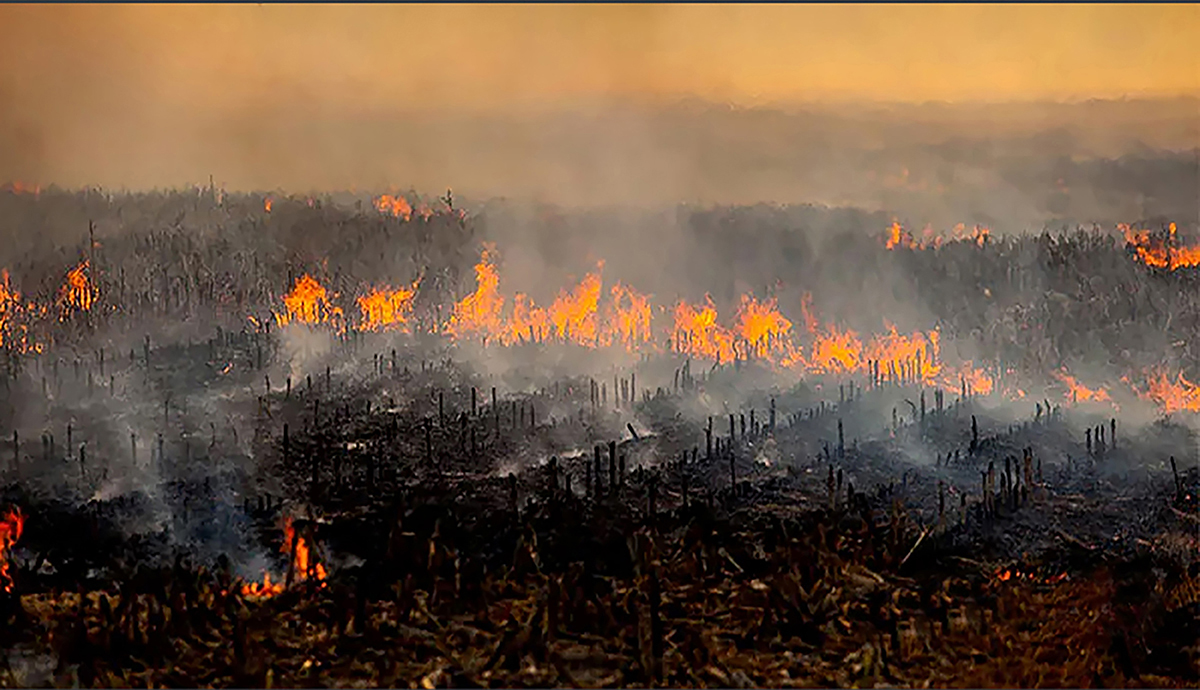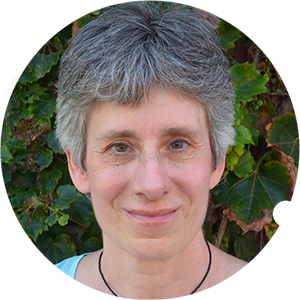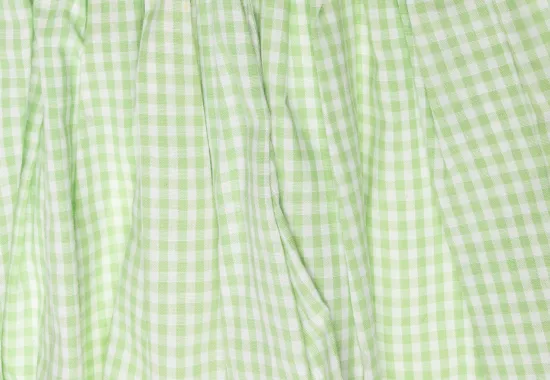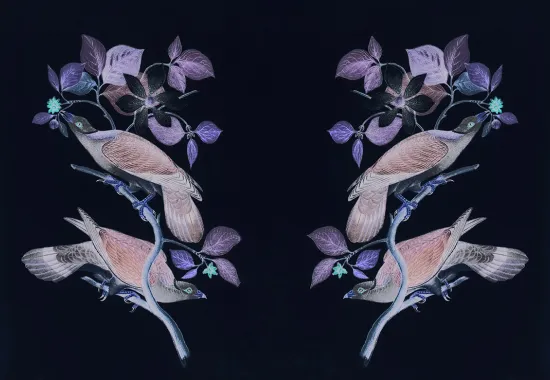A Review of Fire Index by Bethany Breitland
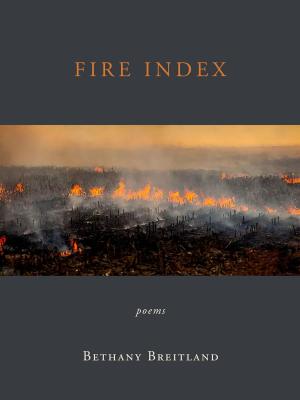 Accounts of the radical remaking of self are foundational to the American tradition—from Puritan conversion accounts to the narratives of escaped slaves, and onward. Bethany Breitland’s Fire Index, winner of the 2022 Sundog Poetry Book Award (Green Writers Press, 2023) can be read as a contemporary installment in this tradition, made fresh and potent through Breitland’s deep insight and innovative craft. The book charts the speaker’s growth from a terrifying evangelical girlhood in rural Indiana to a post-divorce re-envisioning of identity, love, and family in Vermont. Although the book shows that painful memories linger and patterns of subjugation repeat across generations, its ultimate focus is on the hard and transformative work of truly growing up.
Accounts of the radical remaking of self are foundational to the American tradition—from Puritan conversion accounts to the narratives of escaped slaves, and onward. Bethany Breitland’s Fire Index, winner of the 2022 Sundog Poetry Book Award (Green Writers Press, 2023) can be read as a contemporary installment in this tradition, made fresh and potent through Breitland’s deep insight and innovative craft. The book charts the speaker’s growth from a terrifying evangelical girlhood in rural Indiana to a post-divorce re-envisioning of identity, love, and family in Vermont. Although the book shows that painful memories linger and patterns of subjugation repeat across generations, its ultimate focus is on the hard and transformative work of truly growing up.
Fire Index is structured in two sections. In the first section, the speaker looks back to childhood, coming to terms with a family history that includes a taunting and physically abusive father, a brother who died before the speaker’s birth from spinal meningitis treated only through attempted faith healing, an older sister the speaker was willing to collude against in order to feel safe herself, and a long line of women who lived “[a]lways pregnant. Always hungry.” The tales are vivid—especially the horrific story of the brother, who persists as a spectral presence for the speaker throughout the book—but the larger concern is how to escape from an identity founded on pleasing and appeasing men, as in “Of Birds and Bellows”:
The lesson the many mothers taught
was how to keep it up:
the house,
the dick attached to the man,
the ruse of tradition
. . . . . . . . . . . . . . . .
Do not look outside your own construction
This awareness of the constructedness of crippling ideologies is strongly present throughout; “godde,” Breitland writes in “Of Religion,” “we have made and unmade you / (in) the image of our violence / threading the needle with our broken bodies.” Beyond lamentation, such awareness also contains the possibility of self-freeing.
The book’s second, longer section is set within mature adulthood, recounting a journey from “suburban neurosis” through divorce to arrive at the near-present within a reconceived version of family. There is anxiety and guilt in this journey, but most of all the radical power of liberation, as in “Instructions for October”:
Find a kitchen match—old fashioned.
Remember when you actually used them.
Embrace your age, and that you came
from nothing. Strike. Light your cigarette
and then toss the match on your tender frailty.
Watch it flicker and smoke. Then catch.
Warm your hands in the heat.
And thank god.
Such bold proclamations are balanced by nuanced, specific narratives, often in prose poetry, of the speaker’s relationship with her children (one of them transgender), and reflections on life in the body—liver spots, bladder infection, the difficulty of accessing embodied trauma. The speaker’s attunement throughout the section to her children’s emotional lives resonates movingly as part of the process of undoing her past: “The kid with round eyes says, Mama it feels like the world’s closing in on me and I can’t breathe. The mother pockets the candy wrapper as she scooches closer, so careful to not scare the kid. And now, there is a period of silence between them as they listen to the wind outside.”
Whether or not the reader personally identifies with the deeply American story Breitland recounts, it is hard to resist her bracing feminist voice, and her vision of what is involved in the outer and inner work of change.
While the poems continuously shift shape, rhetorical mode, and address, they are unified by recurrent images of fire, horses, fields and deserts, God and worship, storms and nature. Picking up their careful interweaving is a pleasure for the reader. Beyond that, two distinctive sequences of poems wind through the book, giving rise to some of its most original and striking poems. One is a series of “Glossary of Terms” entries, which begin with etymology and a traditional definition, then move into prose poems that explore the reverberation of the words in personal terms. The book opens with the definition of “integrity”—“wholeness, entireness, completeness, chastity, purity”—that leads to a childhood memory of wholeness setting the stage for the loss and recovery to come:
A little girl walks in the side acre of the rented farmhouse. It’s warm, but maybe only mid-June, so the sun doesn’t press against her yet. Cows in the west pasture sidle up to the fence. . . . Her mother sleeps another day away. Her father far, far away in the factory. Not one car passes on the road. She stands in a big sea of clover. Its blossoms, a rusty lavender, sweet to the suck. Her child mind. Her safe body. Sailing.
Other key terms that follow include “hypocrite,” “altar,” “smoke,” “writeress” (which recounts the wrenching tale of a biracial ancestor whose manuscript was burnt, repeated as a warning to the speaker—“Don’t ever fool a man, Beth. But if you do, don’t write about it”), and “discipline.” This linguistic dimension culminates in the title piece that ends the book, a tour de force (I’m not sure I would call it a poem exactly) that alphabetically indexes several pages of resonant concepts from the book poetically referenced to each other. For example, there is “Marriage (see; altar; see; open field),” linked to “Altar (see; sacrifice)” and “Open Field (see; Godde; see; burning).” It’s fascinating to loop through the choices here; the ultimate effect is less closed than expansive and rewoven, the entries like a net of stars in a universe remade through the author’s fiery and rebellious vision.
I enjoyed most the sequence of poems that split the speaker to put her in dialogue with a persona she finds inhabiting her. This begins with the book’s second poem, “When She Introduces Barbed Wire”:
A seventy-two-year-old rancher
sits on the porch of my ribs,
smokes and looks out
over the vista of my organs.
. . . . . . . . . . . . . . . .
She’s been staring into my wild body for years
dog-tired but content from her day
of wrangling thoughts like wild bulls,
just under my skin
checking the wells for poison.
. . . . . . . . . . . . . . . .
Time to grow the fuck up, Beth.
It was never your face or those tits
that had any power.
It’s here in the gut where
I’ve been laying fence. Leave
the mirror, the satisfaction of men.
Put your work boots on.
This gritty interaction continues through the book. I love the way Breitland plays with the personality and bodily habitation of the rancher, as well as how she uses her to take the speaker to task for her complicity in harmful illusions, and complicates her role from any simplistic binary of victim turned heroine. As mythic guides go, the old woman rancher is entirely fresh and bracing.
By the end of the book, while the rancher still leans hard on the speaker (if now to let go of any guilt about the changes she’s made), that speaker inhabits the thrilling beginnings of a new life and new possibilities for conceiving the universe. “Now love is as bulbous as a papered wasp nest // as striking as wind. / I cannot imagine myself. I cannot,” she writes. The newness is found amidst ordinary life, as in a day the speaker shares with her children recounted in “When the Summer Comes,” which concludes, “I will choose this life over and over.” It also reaches toward a radical reimagining of what safety means, the relation of mind to body, and the possibilities of invoking a different notion of God, as in “Animalia Dea”: “Great Mother, come back home to the body— / Blink open the stars, set your feet down // tip the trees like scales.” The pain of dissociation and of memory have not been erased, but a new field has opened. Whether or not the reader personally identifies with the deeply American story Breitland recounts, it is hard to resist her bracing feminist voice, and her vision of what is involved in the outer and inner work of change. I was left thinking about what growing up might yet require in my own life, different as it is. Likewise, it is impossible to finish this book unimpressed by the craft and intensity with which Breitland interweaves poems diverse in material and shape into a gorgeously unified whole. To put it as the rancher might, this book kicks ass. ⬤
Recommended
The Shirt
After Hearing David Rothenberg Sang with Birds
Frothing Pink Poodle Droppings


